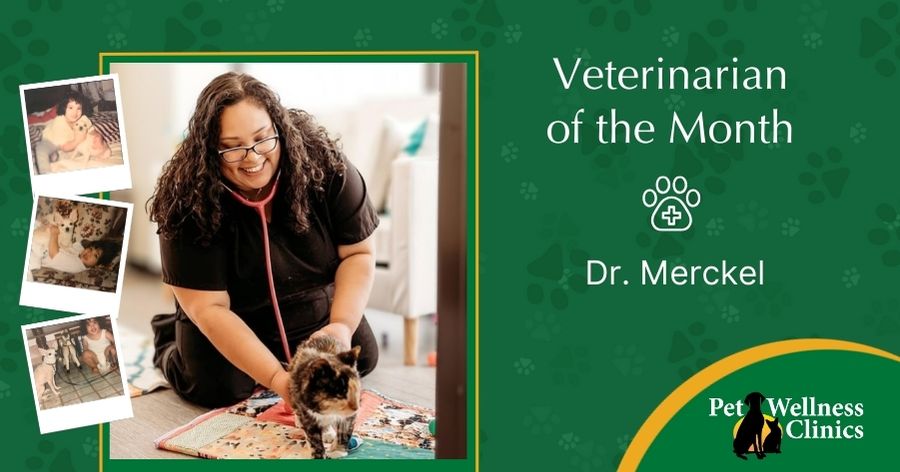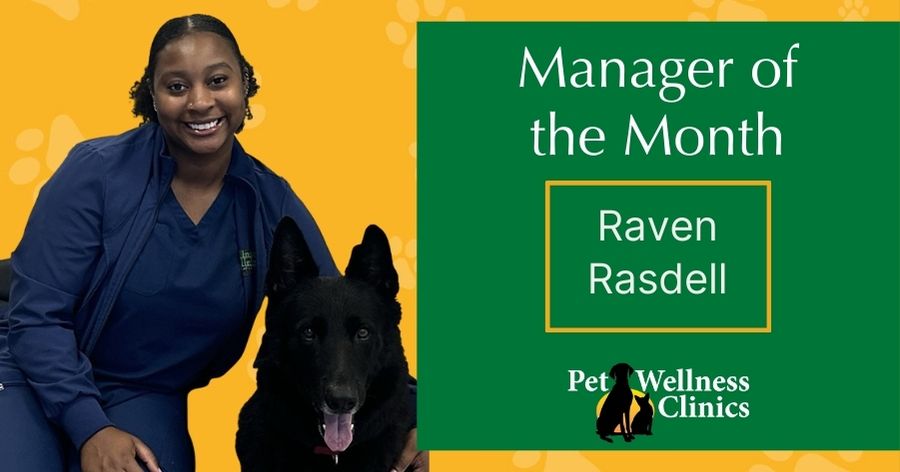If there is one word that many of us fear above all others, it is ‘cancer’. Cancer is a leading cause of premature death in both humans and animals that is characterized by abnormal cell growth in the body.
Unfortunately, our pets cannot tell us when something is wrong, making it hard for us to identify diseases like cancer. However, there are normally some typical symptoms that indicate that professional veterinary support is required.
Here is our guide on how to recognize the signs of cancer in your pet.
The symptoms of cancer in pets are not that different to those experienced by people. However, many of the symptoms can be indicative of a range of different conditions, so it is essential that you seek the advice of your veterinarian as soon as possible, so an accurate diagnosis can be made.
Some of the most common signs of cancer in your pet include:
Unusual lumps or bumps – many types of cancer cells accumulate in masses that are known as tumors. To check if your pet’s unusual or sudden lump is cancerous, we will need to perform a biopsy, which checks on the condition of the cells.
Weight loss – one of the most common signs of cancer in pets and humans is unexplained weight loss, particularly if it is combined with any of the other symptoms listed here.
Appetite changes – it is normal to be off your food when you are feeling under the weather, but if your pet persists with a lack of appetite for more than a few days, it is worth checking if there is a serious underlying cause. Similarly, if your pet suddenly seems ravenous, eating much more than usual, it is advisable to make an appointment with your vet.
Wounds that aren’t healing – while some wounds take longer than others to heal, if your pet has a wound or sore that simply isn’t getting better, you should get your veterinarian to take a look. There could be a number of underlying reasons, including cancer.
Respiratory problems – when vets talk about cancer metastasizing, they are referring to it spreading to another part of the body. One of the most commonly affected areas of metastasized cancer cells is the lungs. If your pet has a cough that won’t clear, or seems to have trouble breathing, there is a chance he could be suffering from lung cancer.
Lethargy – we all have tired days, including your pet. However, if your furry friend is behaving out of sorts such as refusing to play or sleeping a lot, there is almost certainly something bothering them.
Offensive odors – we aren’t talking about a little bit of ‘dog breath’ here. If your pet has a persistent bad odor coming from his ears, mouth, or anywhere else, they should be checked. Some cancers, including those of the mouth, nose and anal regions, often present bad smells along with other symptoms.
Bad bathroom habits – if your pet was previously housetrained, but is starting to have more accidents than normal, it could indicate that there is a problem with their bladder or bowel function. Another important sign to watch for is blood in your pet’s urine or feces.
Obvious pain – although many cancers do not cause pain in the early stages, it does indicate that there is something wrong with your pet. No caring owner wants to see their pet in discomfort, so get it checked regardless.
Cancer in pets can rarely be identified using just one symptom. Instead, most animals tend to display a combination of the above signs, and it will require further examination and testing by a professional veterinarian to successfully diagnose the cause behind them.
By being knowledgeable about the signs of cancer, you can ensure that you receive the help your pet needs as soon as possible. This can dramatically improve the speed with which they can start treatment and give them the best opportunity for a positive outcome and a long, healthy life. If you’re worried that your pet might have cancer, schedule an appointment with Noblesville Pet Wellness Clinic today at 317-830-0034 for an accurate diagnosis of your pet.


